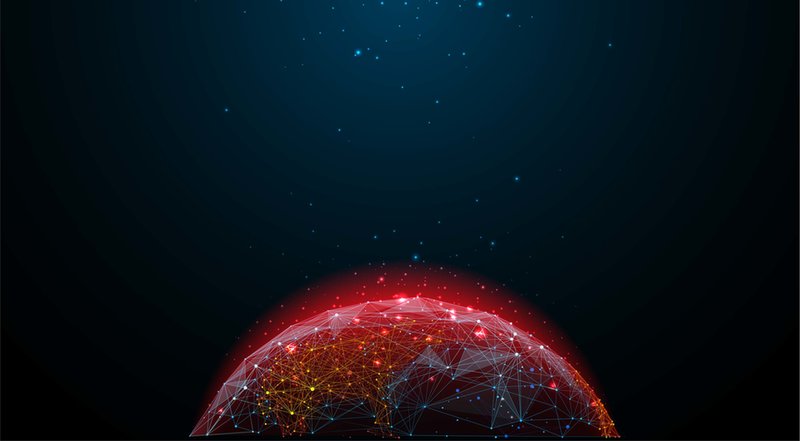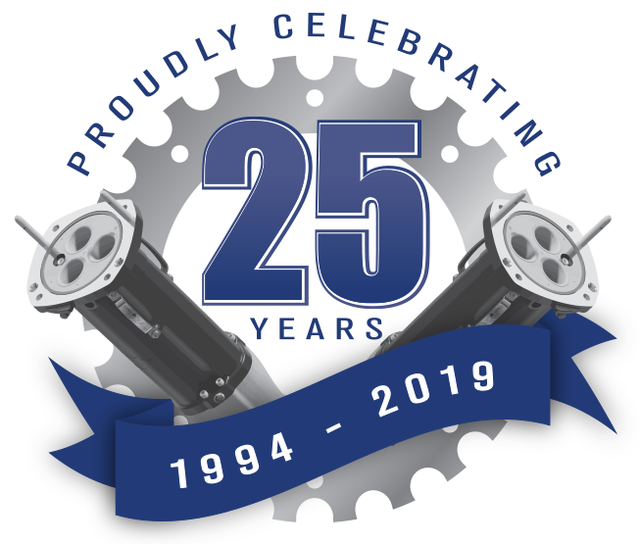Dr. Nick Mayhew, commercial officer at Axora.
Image: Axora
Mark Fraseer, account director for metals and mining at Axora. Image: Axora
q&A | TECHNOLOGY
Smart technology and the Covid-19 rebound with Axora
In May, innovation hub Axora launched an online Smart Mining resource centre, which provides industry insights and access to digital solutions and technologies to mining companies. Matthew Hall speaks to commercial officer Dr. Nick Mayhew and Axora’s account director for metals and mining Mark Fraser to learn more.


Dr. Nick Mayhew, commercial officer at Axora. Image: Axora
Mark Fraseer, account director for metals and mining at Axora. Image: Axora
The Smart Mining Resource centre launches at a turbulent time for the mining industry, which has had to wrestle with mine closures and increased operating restrictions amid the Covid-19 pandemic.
There’s been a lot of talk around the long-term effects of the Covid-19 pandemic on the mining industry, with a number of analysts and industry experts suggesting a silver lining of the current crisis – in as much as there could be one – is that it could be the spark needed to accelerate the adoption of smart technologies in the sector. From headline-grabbing autonomous vehicle projects to smaller investments like thermal scanning, which has taken on unanticipated importance in the operation of mines today, innovative technologies are being looked to as potential saviours in light of Covid-19.
Matthew Hall: Can you tell me about Axora’s Smart Mining resource center, and how mining companies can benefit from it?
Nick Mayhew:
Clearly, Covid-19 has hurt the mining industry, and mining is a priority industry for us – we formed Axora with that industry in mind so we wanted to do everything we could to help. What we have in our kit bag, if you wish, is a set of clever digital solutions – we have over 100 solutions in our catalogue. We wanted to find a way to bring those forward in a simpler way to uncover, so we’ve highlighted the technologies and solutions that we think are the most relevant for mining organisations to help them really come out of Covid-19 in a stronger way.
Mark Fraser:
The technologies probably fall into three areas: automation being the first, the ability to automate your mining process either in a completely autonomous way or via remote control. And obviously, in a Covid-19 situation, that allows for people to be working on the mine remotely and not close to each other. For the mine itself, it helps with improving efficiency within the mine too. The other area that we’re highlighting is digitalisation in general. This can be things like real time analysis, ore sorting, all these things that can help to make the mine much more efficient over a relatively short period of time.

More than half of the country’s coal mines are managed by pro-Russian separatist militia.Credit: DmyTo/Shutterstock.
There’s a lot of talk about “the new normal” as society picks itself up from this pandemic, what do you think that new normal could look like for mining companies?
MF: I look at the current situation as a kind of accelerator. What some mining executives have said to me is, if you imagine what you thought the world was going to look like in a decade, you’re accelerating that time frame significantly. I think Covid-19 is a catalyst for innovation and modernisation. Things like remote control machinery, autonomous machinery, will be accelerated as a result of this crisis. So mining might look like a much more mechanised type of operation in perhaps five or six years’ time instead of in 10 years’ time.
NM: Every company on the planet has some form of digital transformation roadmap that has really been accelerated by Covid-19, that’s a cross-industry trend but it’s definitely relevant in mining. I think the anecdote for very advanced mines is the Syama gold mine in Mali, which has been largely unaffected – obviously [it has been] affected by macroeconomics, but production-wise it’s not taken as much of a hit. So at the extreme end, if you had a very advanced mine, you would have hardly been affected by Covid-19 at all.
The other side is mining safety, which has a new meaning in some ways; you’ve got physical safety and the other safety challenges mining companies face, but now you add in virus safety, for want of a better word. So you can look at the work that Rio Tinto has done with contact tracing for example; we’ve seen innovation from the big players, and the small players too, to really adapt and use digital technology to help them through this.
What advice would you give to companies seeking to improve the “smartness” of their operations?
MF: If you look at some internet of things (IoT) solutions, they aren’t always a major expense, depending on what you’re looking to try and achieve with them, but they can be implemented in steps, so you could begin to focus on particular parts of the mine that are effectively bottlenecks to increase the efficiency.
That way you can drive a significant payback from your investments. Some IoT solutions are becoming cheaper and cheaper over time, so it doesn’t require a major investment to really see a worthwhile return.
NM: I’ve got a fairly broad view of digital transformation across industries, and I’d say I don’t think there’s anything massively different in mining than across the IT marketplace: build a strategic transformation roadmap and get started. The barrier to entry is very low really for some of these things. I think adopting the principles that have come from other sectors that have maybe a bit more history in digital transformation too – miners can learn from other industries.
Obviously, the most immediate threat to businesses is Covid-19, but in the long term mining companies face a number of challenges, environmental impacts being one example. How can Axora help companies to navigate those challenges?
NM: What we really want to do is help bring safety and sustainability, combined with efficiency. We want to bring solutions to life that can really help. By surfacing proven digital solutions in those three areas, making them easy to find and easier to procure. That’s really the promise of what any world-class marketplace can do. We wrap that with our innovation insights to create bigger pictures, a story around the whole discussion of digital innovation.
We’re continually building out a comprehensive catalogue of proven solutions in the areas of safety, sustainability, and efficiency and helping people uncover technology that they deserve to be aware of. Some of the technology that we have on our platform you can’t buy anywhere else, so it’s solving a real problem around discoverability.
MF: I think some of this will be consumer-led as well, so you’ll see consumers demand that their iPhone is made from ‘green’ aluminium, and over time those more environmentally aware solutions will be more in demand. So there’s the opportunity for companies to become more sustainable, and that’s not a negative for the industry, I think it’s a great opportunity for them actually.
And metals are going to be part of the solution; if you think about a more electrified future with electric vehicles and so forth, you need a lot of copper to transport the electricity, you need a lot of nickel and lithium and so on to build batteries. So mining can very much be part of the solution.
“Queensland’s resources sector provides one in every five dollars in the Queensland economy, sustains one in eight Queensland jobs, and supports more than 15,400 businesses and community organisations.”

AusProof is celebrating 25 years of business in Australia in 2019.
